Iran insists that Afghan children living in the country are entitled to, and receive, free education. Speaking at the Khaf-Herat railway inauguration ceremony on Thursday, December 10, 2020, President Hassan Rouhani claimed: "Afghans in Iran have received free education and healthcare for the last 40 years, and during the coronavirus pandemic they have received the same services provided for the Iranian people." He said: "We are proud to have hosted millions of Afghans in this land for 40 years; hosting its dear neighbor and ally country, Afghanistan, it comprises of free education for the children of the Afghan people. Today more than 400,000 Afghan students study in our classrooms and receive free health care ... We have served the people of Afghanistan without any reservations or privilege."
Have Afghan citizens in Iran received free education and health care over the last 40 years? In this report, IranWire tries to answer this question.
The Right to Free Education: A Legal Obligation
Before addressing the president of Iran’s claim, it is necessary to answer the question: "Is the provision of educational services to foreign students a legal duty or a sign of the greatness and magnanimity of the government?" Article 3, paragraph 3 of the Constitution of the Islamic Republic of Iran states that the government must provide “free academic and physical education, at all levels for everyone” and “the facilitation and extension of higher education.”
Many people may consider the word "everyone" in this paragraph to be referring only to the "citizens of Iran" and not to the foreign nationals living in the country. Further down in the constitution, in Article 30, the word “nation” appears soon after the word “everyone,” so it could be read as only referring to Iranians. It reads: "The government is responsible for providing the means for public education for everyone up to the end of high school. It must expand free higher education until the point when the nation reaches self-sufficiency." At the same time, this could refer to people living in Iran, not only Iranian citizens.
The same law emphasizes in many clauses "brotherhood with all Muslims and the observance of the human rights of non-Muslims," which certainly includes the right to education. But even if it appears that this right has no legal basis in the Constitution, in several international conventions and agreements to which Iran is a signatory, this is considered a duty, and the government must provide free education to all students living in its territory, both Iranian and non-Iranian.
The International Covenant on Economic, Social and Cultural Rights, to which Iran is a signatory, recognizes free education as the right of all children under 17 years of age. Article 13 of the Covenant states:
"The States Parties to the present Covenant recognize the right of everyone to education. They agree that education shall be directed to the full development of the human personality and the sense of its dignity, and shall strengthen the respect for human rights and fundamental freedoms."
Another convention that recognizes the right to free education for children and has been accepted by Iran is the International Convention on the Rights of the Child. According to Article 28 of the Convention, all school-age children must have the right to compulsory and free education.
In addition, Iran has acceded to the Convention against Discrimination in Education, approved by UNESCO, which obligates the government to eliminate all discrimination in its education system, including gender, nationality, ethnicity, and with regard to language.
As a result of the country’s ratification of and commitment to these treaties and agreements, Iran is obliged to grant all children free education, whether they are Iranian and or not, including illegal immigrants residing in Iran. This is a legal and international obligation. All governments, including the government of Iran, must be accountable to international institutions if it fails to do so.
Free Education for Foreign Nationals
Despite the legal obligation to provide free, compulsory education to children of any nationality residing in Iran, for years, numerous Afghan children have dropped out of school because they don’t have Iranian national identity cards. Enrolment for Afghan children legally residing in Iran has not been free, and public schools refused to register students unless they paid tuition fees, putting a large number of foreign students, mostly Afghans, in the "school dropouts” category. As far back as 1987, some foreign nationals called for schools to be established, particularly for Iraqi children, to deal with the problem of children not being educated. This was approved by the Supreme Council of the Cultural Revolution, and the policy is still in place today. It means, however, that in some Iranian cities, the children of foreign nationals are segregated from Iranian students and enrolled in special schools.
But many children are still denied an education. As a result of this ongoing problem, and Iran’s educational system’s continued failure to observe the educational rights of foreign nationals, in 2015, the Supreme Leader of Iran Ali Khamenei issued an order that the children of foreign national must be enrolled in public schools." No Afghan children, not even illegal immigrants in Iran, should be out of school, and all children should be enrolled in Iranian schools,” the order reads.
Following this, in 2016, the government board approved regulations set out about how to educate foreign nationals and began registering children of foreign nationals, including Afghan nationals, in schools for free. Article 2 of the regulation states: "Registration of students, subject to this regulation, is similar to the Iranian students in public schools up to the diploma level." Although there is no mention of education being free in the document, because the country’s constitution enshrines free education for Iranian students, the presumption is that, by default, the regulation does not discriminate against any child or group of children and gives non-Iranian children equal rights to those of Iranian children. However, over the years, families have repeatedly complained about financial aid requests from school principals, which have sometimes still been enforced upon enrolment. So it is clear that the issue of free education for all is still unresolved.
Children Dropping out of School
Contrary to the Iranian president's claim that Afghan children enjoy free education in Iran, official reports indicate that more than two million Iranian and non-Iranian children have dropped out of school for a range of reasons, including an inability to access education or educational resources. On March 19, 2019, the Islamic Consultative Assembly [parliament] Research Center reported that, based on the Statistics Center of Iran’s 2016 census, "2,386,120 people, or 14.7 percent of the total population of people aged between six and 19, have dropped out of school." The report cites the lack of identity documents as one of the reasons children drop out of school: "Since one of the requirements for education in Iran is to register with an identity card and present a birth certificate, children who do not have a birth certificate are deprived of the right to education. Children without identity documents are divided into several categories: children with Iranian parents who have no identity documents, children whose parents' identities are unknown, children with non-Iranian parents, and children with non-Iranian fathers."
The report shows that many foreign national children have dropped out of school due to lack of identity cards. During the approval process for the bill that granted citizenship to children born to Iranian mothers and non-Iranian fathers, Hassan Norouzi, a spokesperson for the parliament's Legal and Judicial Committee, opposed the bill and stated in his opposition statements: "Currently, about 1.1 million people lack identity cards and naturally, granting Iranian citizenship and identity cards to these children will increase the country's population, which will incur costs for the government." These remarks suggest that more than a million children were deprived of free education due to not having Iranian citizenship.
Prior to this, Javad Arianmanesh, a former representative for Mashhad and Kalat in the eighth parliament (2008-2012), had said that only 10 percent of Afghan children who dropped out of school were actually registered in Iran. He made these statements after it was ordered in 2015 that children of foreign nationals should be registered in Iranian schools.
Free Healthcare?
Hassan Rouhani has regularly boasted about his administration’s overhaul of the country’s health system. One of the scheme’s aims is to reduce out-of-pocket medical expenses, proof that healthcare in the Islamic Republic has not been free even for Iranian citizens over the last 40 years, let alone foreign nationals. In many cases, non-legal residents were deprived of the most basic medical services. Iraj Harirchi, the Deputy Minister of Health, Treatment and Medical Education, made it clear on October 23, 2020 that until recently, 50 percent of health care services were paid by citizens out of their own pockets. "In 2010, the amount of out-of-pocket payments was 58.4 percent,” he stated. “After the implementation of the Health Transformation Scheme, this figure went down to 38 percent and last year it was at 35 percent, and now it has decreased to 32.4 percent. This reduction in payments is not enough, and the parliament insists on bringing it below 25 percent."
So free healthcare has never existed in Iran. "They [Afghans] say the doors of treatment are not open to them," a report published by the semi-official newspaper Shahrvand, which is also affiliated with the Iranian Red Crescent Society, said. The report, "Closed Doors to Afghan Citizens," says some officials claim health insurance is public, and that all members of large, low-income families who struggle to pay rent and provide food and other costs of living are covered. But the report says: "Many medical centers say they do not provide services simply because of the word 'foreign national' on insurance booklets. Laboratories and pharmacies calculate tariffs based on the free market, and whenever they [Afghan residents] need hospitalization and surgery, the insurance companies withdraw." The Shahrvand report said that situation applied to legal Afghan immigrants in Iran, whereas illegal immigrants are in a much worse situation. "We cannot have any facilities for illegal immigrants; only those who live legally in Iran can use these facilities; the illegals ones have to pay the tariffs," Ali Maher, Deputy Minister of Health and Planning, told the paper. "These people do not legally exist and the Ministry of Interior must recognize and organize them so that they can use the facilities."
Conclusion
On Thursday, December 10, 2020, during the Khaf-Herat railway inauguration ceremony, President Hassan Rouhani claimed: "Afghans in Iran have received free education and treatment for the last 40 years, and during the coronavirus pandemic they have received the same services that have been provided for the Iranian people." But have Afghan citizens in Iran really received free education and healthcare over the last 40 years? IranWire has investigated this claim and reached the following conclusions:
1- According to international conventions to which Iran is a signatory, the government is legally obliged to provide free and compulsory education for children aged between six and 17. This law includes children of legal and illegal foreign nationals residing in Iran; the provision of educational services without discrimination is the legal responsibility of the Iranian government.
2- Educating children in Iran is not mandatory and a significant number of Iranian and non-Iranian children in Iran have dropped out of school.
3- Following the lack of free education and the refusal of public schools to enrol students, in 2015 the Supreme Leader of Iran issued an order that students of foreign nationals must be enrolled.
4- Healthcare treatment has never been free for Iranians or non-Iranians. According to the Deputy Minister of Health, the amount of out-of-pocket payments before the implementation of the recently-introduced health system transformation scheme was about 58 percent, which has now been lowered to 32 percent since the new policy was implemented, and the scheme aims to ensure no more than 25 percent of payments are paid for by the patient out-of-pocket. This means that meeting the medical needs of foreign nationals is automatically associated with higher costs. According to the Ministry of Health, illegal citizens residing in Iran do not benefit from any medical facilities and have to pay all the costs at a free market rate.
Thus, IranWire awards the "not true" badge to Iranian President Hassan Rouhani's claim that "Afghans in Iran have received free education and treatment for the last 40 years."
Not true: a lie about a specific event or something that has not been proven to be true before, based on facts and available evidence.
You can find out more about IranWire's fact-checking methodology here.
Read other articles in this series:
Fact Check: Is Iran One of Top Manufacturers of Radar in the World?
Fact Check: Army Commander Lies About Iran's Speed Boats
Fact Check: How Big of a Lie is the Guards' Coronavirus Detector?
Fact Check: Does Fasting Boost Your Immune System?
Fact Check: Iran’s Minister of Intelligence Claims Ministry is Benevolent and Caused No Harm
Fact Check: Are Charlie Hebdo's Cartoons a Zionist Conspiracy?
visit the accountability section
In this section of Iran Wire, you can contact the officials and launch your campaign for various problems









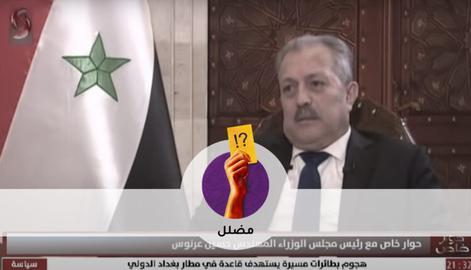

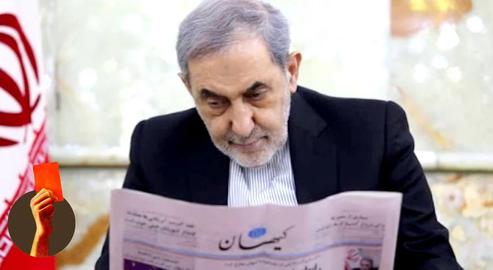

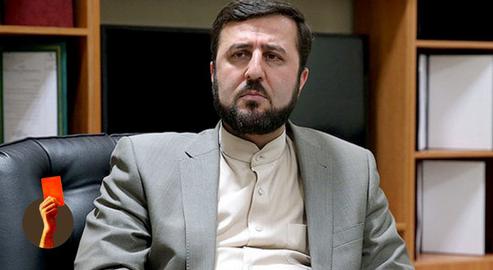
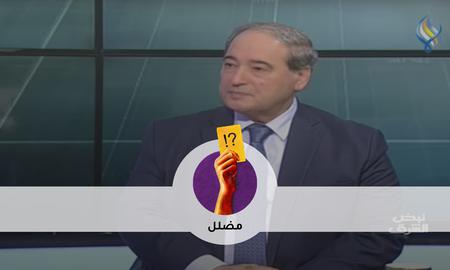
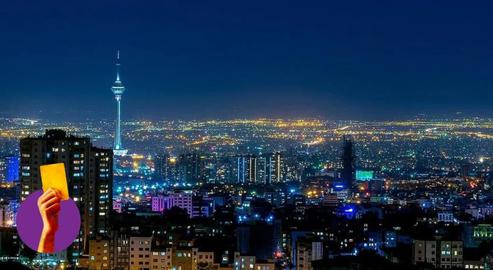
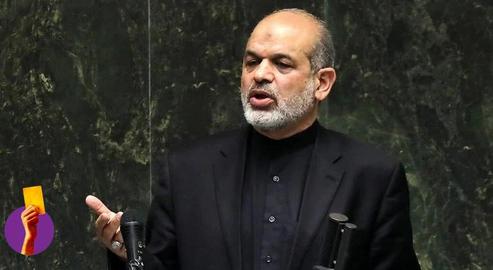
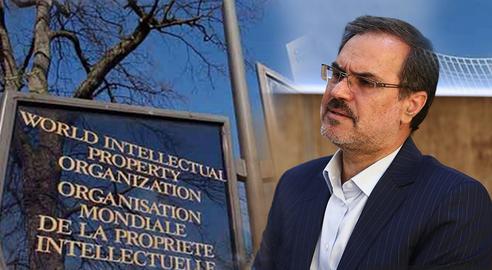

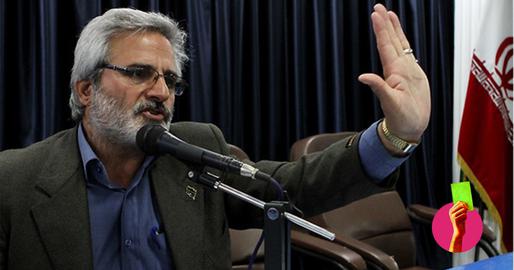
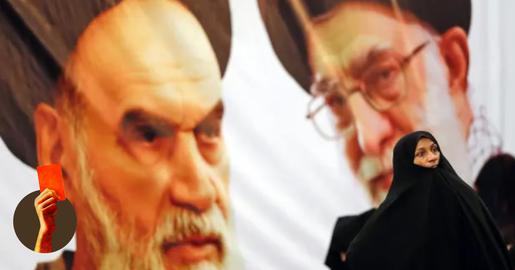
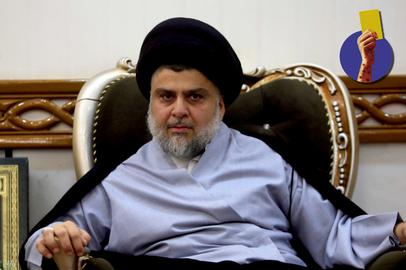
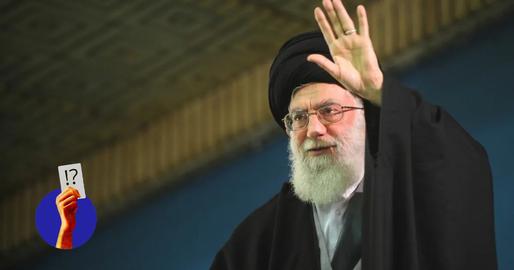

comments